Moving into a new home with your family is always a difficult and complex procedure. There are so many factors to consider before you buy a property to ensure that you are making the right move and will be happy to stay there for the foreseeable future.
The first step when buying a home is to do as much research as you can, whether that be with an estate agent or your investigations around the local market.
Here are the things you need to look for and think about when house hunting for your perfect home.
Think Of It As An Investment

Image credit: oxfordpropertyconsulting.co.uk
Although you’re probably searching for a family home that you plan to live in for a long time, you also need to look at buying a new home as an investment for the future. At some point you may wish to sell it and move elsewhere, so investigating the projected growth value of the house is something worth looking into.
Many variables can affect how much a home is worth - including country, location, quality of the home, and whether it’s prone to natural disasters, such as flooding.
Take Singapore for example, house prices have risen to record levels, even with the pandemic, stock crashes, and war declarations. This is predicted to slow down however, although they could still increase in value by 8%!). The demand for Singapore real estate for sale is at an all-time high, and property rental has also been surging.
So, if you were to buy a house in Singapore (or one of the many other countries where prices are growing exponentially) then it’s a worthwhile investment.
Do You Require Space To Rent Out ?
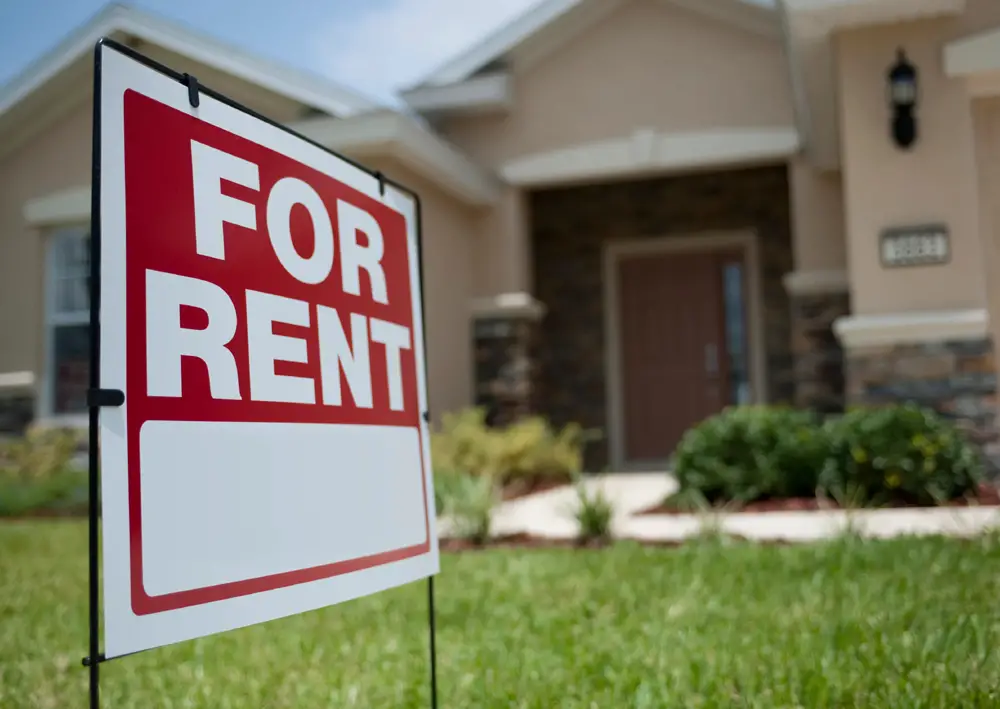
Image credit: seekingalpha.com
Due to the high demand for rented houses in many areas of the UK and further afield, you may wish to consider purchasing a property that has extra space to rent out.
Taking on a tenant could give you a great extra source of income to aid in paying off your mortgage faster. Another increasingly popular idea is turning part of your new home into an Airbnb to rent out to holidaymakers and visitors to the area.
When it comes to deciding between the two, you’ll need to consider things like the demand each one has in your location, the maintenance and expense costs you will incur and the flexibility each one offers you.
As a rule of thumb, whichever one has the higher return on investment and suits your lifestyle, is the one you should probably lean towards.
What is Your Budget?

Image credit: tdpropertyinvestment.com
Determining your maximum budget for a home will help you stick to finding one that is within your price range, without wasting time on researching places you can’t afford. It's also worth remembering that there are often more expenses to buying a house than you may realise, such as solicitors fees, mortgage brokers, valuation fees, stamp duty, and surveyors. Not to mention home improvement costs, should you need to do any work once you have moved in.
You can easily calculate the max budget for your perfect home by simply breaking down all of these expenses, looking at house prices in the area you’re interested in and adding into the pot any savings that you have accumulated. If you still have some way to go and need to save up more money to buy your dream house, start by cutting down on your monthly spending wherever possible, by setting aside a certain amount each week or month as additional savings.
Putting the extra savings into separate accounts is also a worthwhile consideration so that you are less tempted to spend it!
Consider the Pros and Cons of Urban vs Rural

Image credit: uk.ramboll.com
You probably already have a good idea of what kind of lifestyle you want to have, and consequently, you’ll also know what kind of house you wish to purchase, and where your ideal home will be situated.
This may well be governed by your and your spouse’s jobs and how far you can bear to drive to work each day. But the main question is, are you looking for a more urban or rural setting for your perfect home?
Urban houses will generally have access to many different amenities, but property and garden space may be limited and cost more per square foot.
A rural location on the other hand may be further away from large shops and education facilities, but you will generally get more space for your money.
Many families choose to live on the outskirts of a big city, which takes advantage of both the urban amenities and benefits of rural living.
Decide on Your Favourite Home Style
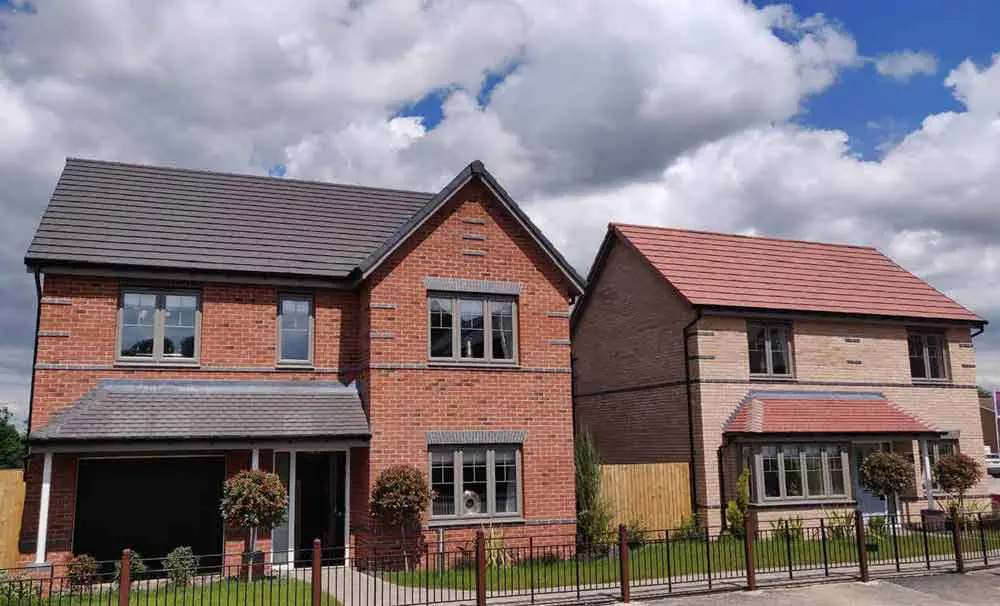
Image credit: barberry.co.uk
There are different builds and styles of homes to research and choose from when looking for your family home, and what you decide on may be dictated predominantly by your budget.
Single-Family Homes and Multi-Family Homes
Single-family homes and multi-family homes are pretty much what the names suggest. Single-family homes are on a single lot owned by one family, often with private yards, whereas multi-family homes are designed to be shared by several households at once.
Condominiums
Condos are similar to apartments (which are self-contained housing units that occupy a part of a larger building) but they are purchased rather than rented. These are a popular option in some urban areas and don’t require as much maintenance as a full lot. The downside to these is that you may have to share things like washing machines and green spaces with the other occupants.
Do You Need Space To Grow ?
Catering for the future needs of your family, in terms of space, is something that needs a great deal of consideration. Ensuring that you have enough space to grow is important for a family to thrive in their environment.
Questions to ask yourself are, will you have more children? Do you have or want any pets? Will you have family members or friends visiting? Do you and your children enjoy hobbies that require space?
If you’ve answered yes to some or even all of these questions, having spare rooms and a large yard might be necessary for your changing lifestyle and future requirements. The reality is that families grow and possessions pile up, so having enough storage and space will prevent you from having to move into a larger home too soon in the future.
Consider Accessibility Issues
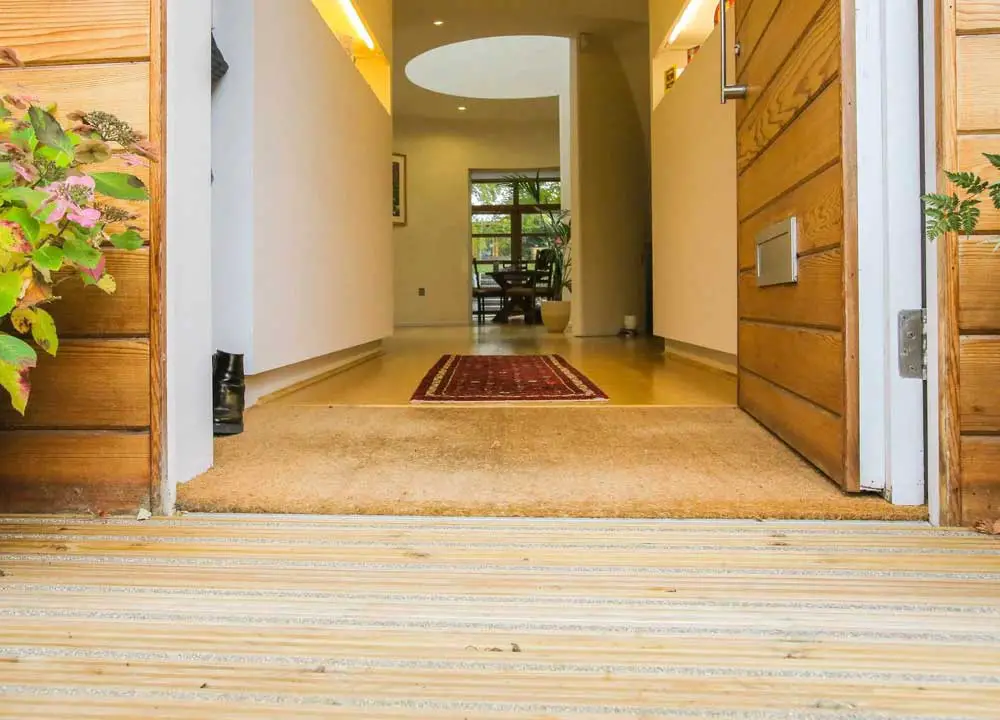
Image credit: ageing-better.org.uk
When deliberating over how to find the perfect house, you should pay attention to how accessible it is. The infrastructure, including roads, communication networks, sewage, and water, can play an important role in your day-to-day life.
Is there private parking available (either a driveway, garage or dedicated parking lot) or do you have to apply for a permit to park on the road? Investing in the ongoing parking lot maintenance linked here can impact your ease of access and overall convenience, so it is something to consider.
Finally, look into whether it’s wheelchair friendly - either through ramps, elevators, or other accessibility features.
What are the Neighbouring Facilities Like ?
Younger children may need schools, places to play, activities to take part in, etc. Older children may want transport links (buses and trains) so they can travel to meet up with their friends or start a job. If you have a dog, you might also want to look at the trails and parks nearby to see what is available.
In addition to those important needs and wants, investigating crime rates to determine whether the neighbourhood is safe is another good idea. Although real estate agents can’t always provide this amount of detailed information, you can gather much of it online, as well as speak to people who live there if possible.
Something else that you can try when thinking about buying a home is to visit clubs and parks in the neighbourhood, to see if it seems like a family-friendly community. Checking places such as these can also indicate whether the clubs and facilities in the area hold frequent events for families to participate in.
Are There Future Developments In The Area
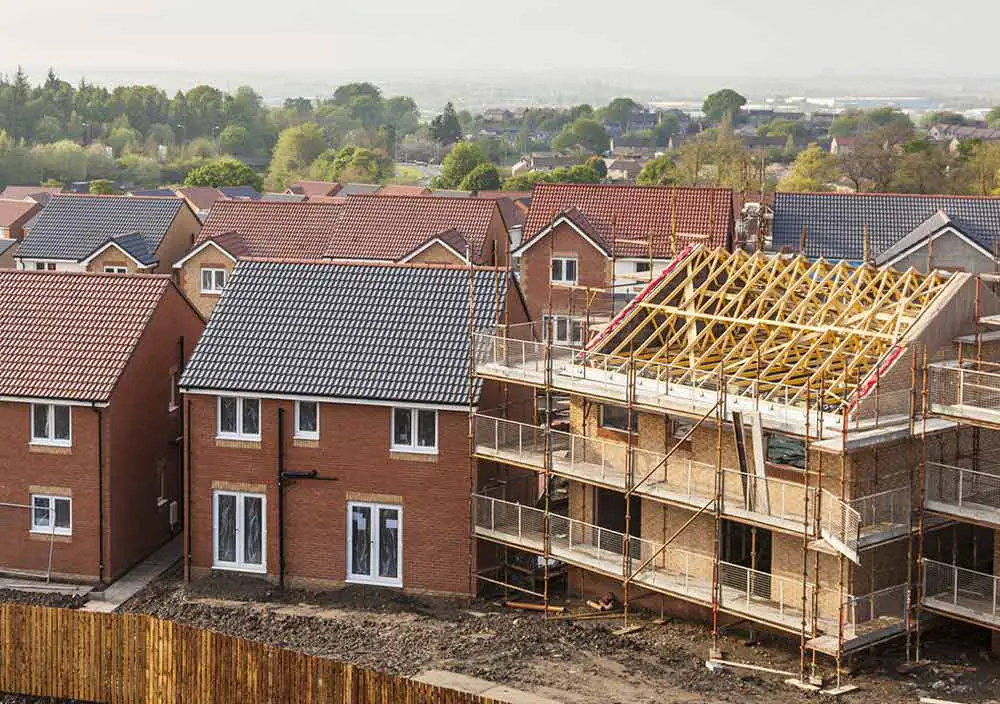
Image credit: centreforcities.org
The future plans for the surrounding area you are considering are another important part of planning where to live. The home you choose could be close to an area that is already earmarked for building works, which could mean warehouses, factories, more housing developments, or even agricultural buildings could suddenly pop up close to your home.
This could potentially contribute to noise issues, air pollution and an increase in traffic congestion around the property.
As you can see, understanding the potential of future developments being built nearby is something that could affect, not only your quality of life but also the long-term value of your property investment.
List Important House Features
Many features and elements of a house can be adjusted to suit your needs, but buying a property with the space, number of rooms and facilities that you require could save you time, money, and stress.
For example, having an open spiral staircase is certainly not very practical or safe if you have a baby or small children running around, and it's no good only having a shower if you need a bathtub for the kids to splash about in and enjoy.
There are too many other things to list here, but you get the idea!
Build Your Own Dream Home
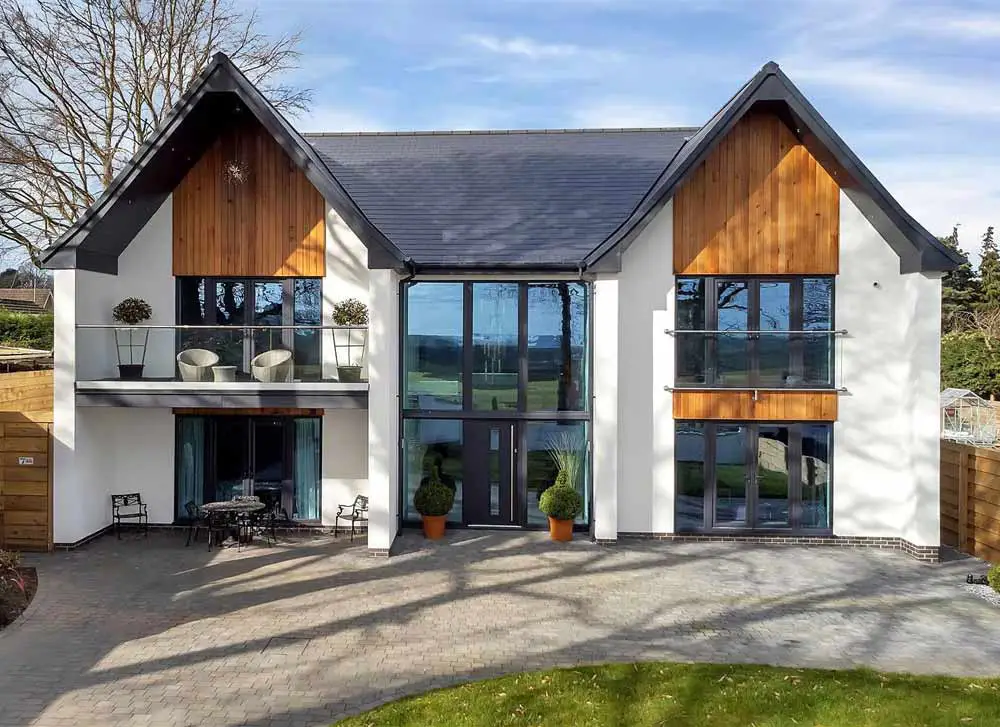
Image credit: chad.co.uk
A far more radical option to consider is to start from scratch! This means finding a plot of land (using the advice that I have already given, especially in terms of location) and building your very own dream home from the ground up. This is becoming a more and more popular way to get on the property ladder for the braver among us.
Choosing the perfect land can be difficult at the start and the building process can be very stressful and fraught with problems and obstacles to overcome. But when it’s all done, you’re left with the home that you’ve always dreamed of, with all the amenities and aesthetics you want.
Personalising your home for your family’s individual needs and desires can be a fun and fulfilling process, but be aware that there are always going to be unexpected expenses and struggles throughout the build, so there are undoubtedly pros and cons to doing this.
My Final Thoughts
In a nutshell, finding the right house will take some time and a lot of research, so patience is key. Don’t just settle for the first one you see, because many factors will need to be considered to ensure you will be living there happily for many years to come.
Don't be afraid to invest in having a comprehensive home inspection done before you sign on the dotted line, as many properties have issues that cannot be seen without digging deeper. A professional home inspector has the experience to know where to look and what to look for, to find you the perfect property.
Checking the style of the home and its features, as well as the location of the property is a necessity, and looking into the neighbouring areas and future developments is a good idea, too.
Or if you don't wish to deal with the stress of the home-buying process, you can always build your dream home… but at the end of the day, you’ll need to keep that all-important budget in mind!


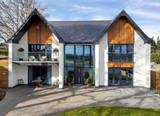
 Author: Matthew Chiappini
Author: Matthew Chiappini